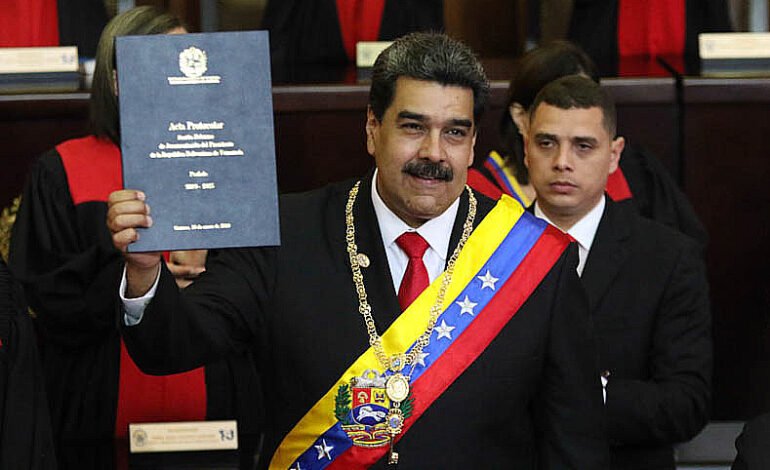Presidency El Salvador, CC0, via Wikimedia Commons
US President Donald Trump once again took aim at Nicolás Maduro's government with a mixture of sarcasm and mockery. During a public address, the president mocked a video released by Venezuelan state media in which militia members are seen conducting military training. Trump called the images "a joke." and said they pose no real threat to his country's security, although he stressed that they reflect the "weakness" of the forces under Maduro's command.
The statements did not go unnoticed in Caracas, where government spokespeople defended the formation of the Bolivarian National Militia as a symbol of resistance and sovereignty. In Washington, however, the reaction focused on ridiculing the initiative and emphasizing that the Venezuelan regime is experiencing a profound crisis, both economically and politically.
Trump confirms statement from Venezuela: "Maduro's letter is full of lies"
At the same time, the White House confirmed that the US government recently received a letter sent by Nicolás Maduro to Trump. In the document, the Chavista leader affirms his willingness to resume direct dialogue and rejects accusations linking him to illicit activities. According to Maduro, the international pressure against his administration is a response to a "campaign of falsehoods" driven by Washington and its allies.
The US presidential team's response was blunt. Press secretary Karoline Leavitt stated that the letter was "full of lies" and that there was no intention to soften the official stance toward the Maduro regime. "The president's position is clear: the Venezuelan regime is illegitimate and responsible for serious human rights violations," she stated.
The United States still maintains its naval deployment in the Caribbean and continues to impose economic sanctions aimed at pressuring Maduro's inner circle. For its part, the Chavistas insist that these are coercive measures that primarily affect the civilian population and seek to present themselves as victims of a political and media war.
Meanwhile, the international community is watching cautiously. Some Latin American governments have expressed their willingness to support new negotiations, but the gap between the parties appears to be widening. The confrontation between Trump and Maduro remains one of the most tense flashpoints in hemispheric politics.
For more stories like this, follow More Latin.
Sources:

